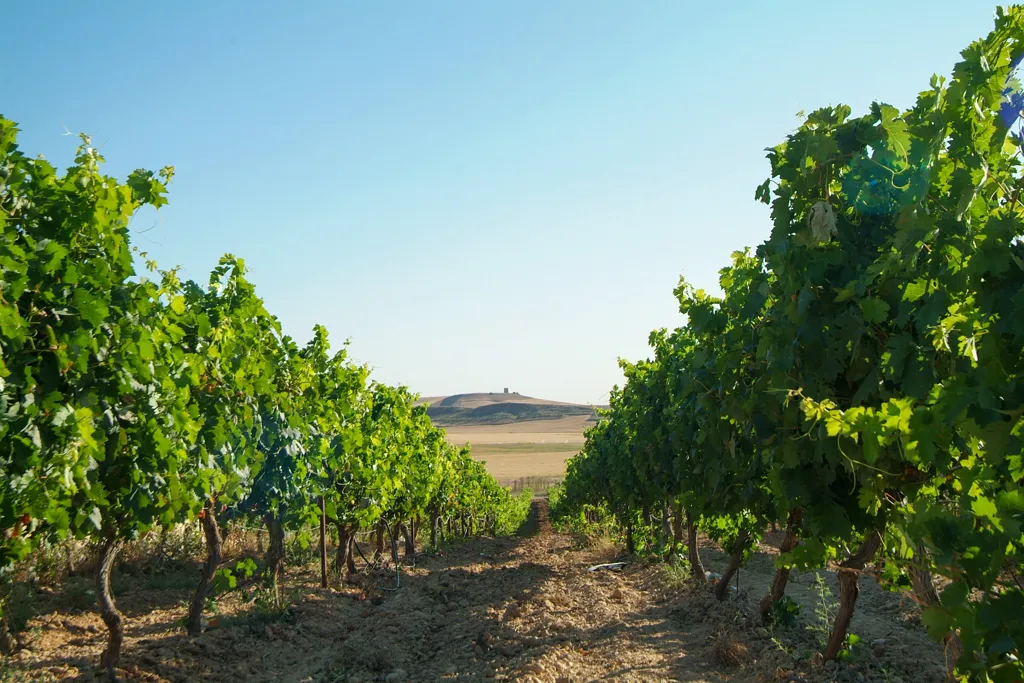
Castilla y Leon
Castilla y Léon is one of Spain's largest and most important wine regions, located in the northern half of the Iberian Peninsula. It is a region rich in viticultural history and with a continental climate. Castilla y Léon has a long and storied history of winemaking, with the first vines being planted by the Romans in the 1st century BC. The region has been producing wine ever since, and today it is one of the most important wine regions in Spain
The most widely planted grape variety in Castilla y Léon is Tempranillo, which is used to make the region's signature red wines. These wines are full-bodied and robust, with notes of dark fruit, spice, and leather. Other red grape varieties grown in the region include Garnacha, Monastrell, and Graciano. White wines are also produced in the region, with the most popular variety being Albariño. These wines are crisp and refreshing, with notes of citrus and stone fruit.
Castilla y Léon is home to some of the most renowned wineries in Spain, including Vega Sicilia, Bodegas Protos, and Bodegas Emilio Moro. These wineries are known for producing high-quality wines that are sought after by wine lovers around the world.
Castilla y Léon is home to six Unesco world heritage sites, including the medieval city walls of Avila, the Roman Aqueduct in Segovia, and Atapuerca, an archaeological site rich in Bronze Age and Stone Age artifacts.



















